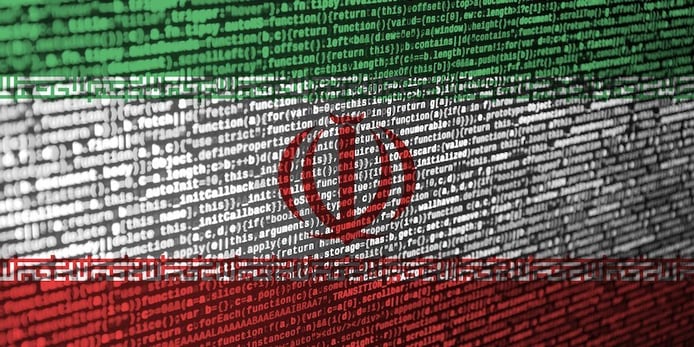Listen to the Podcast: Play in new window
Subscribe: Apple Podcasts | Android | Google Podcasts | Stitcher | TuneIn | RSS
Sources discussed in this episode
Iran’s “Revenge” Over Qassem Soleimani Is Likely To Include Cyberattacks
Iran has one of the world’s most active state-sponsored cybersecurity programs. It’s possible that hackers will try to strike critical US infrastructure.
The acting chief of the Department of Homeland Security says there’s ‘no specific, credible threat’ from Iran against the US
Acting DHS Secretary Chad Wolf is pictured in November 2019. Chad Wolf, acting chief of the Department of Homeland Security, said in a statement on Friday that there is “currently no specific, credible threats against our homeland.” His statement followed the assassination of top Iranian general Qassem Soleimani in an airstrike in Iraq. President Donald Trump said he ordered the strike because of imminent planned attacks. Visit Business Insider’s homepage for more stories. Iran has vowed to
Ransomware may have cost the US more than $7.5 billion in 2019
It was another big year for ransomware. In 2019, these attacks wreaked havoc around the globe, earned criminals vast sums, and even occasionally provided a weapon for government hackers. This marked the fifth straight year of growth, with national and local governments and public institutions increasingly becoming targets.

